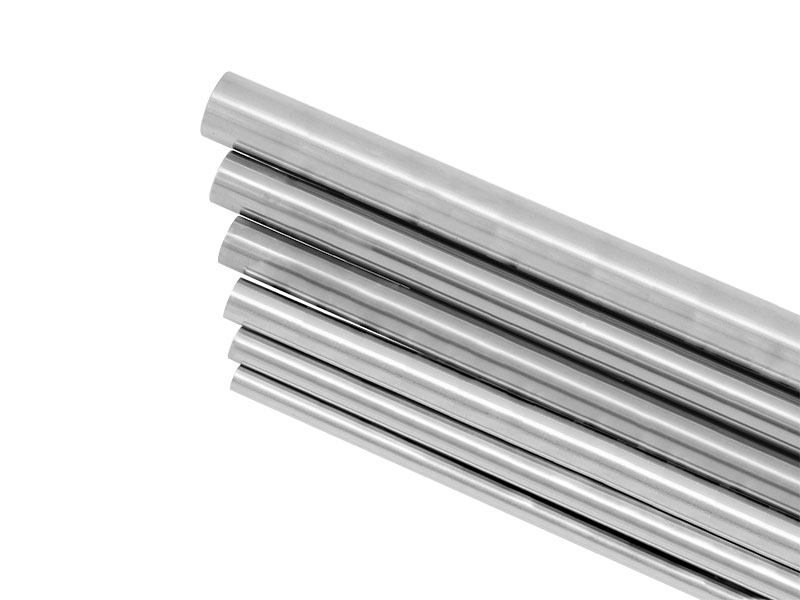Abstract:Stainless steel pipes have several advantages over other types of materials for certain applications, including:
Corrosion resistance: Stainless stee
Stainless steel pipes have several advantages over other types of materials for certain applications, including:
Corrosion resistance: Stainless steel is highly resistant to corrosion, making it ideal for applications where the pipe will be exposed to harsh or corrosive environments. This property also makes stainless steel pipes suitable for use in the food and beverage industry, as they can resist corrosion caused by acids, bases, and other chemicals.
Strength and durability: Stainless steel is a strong and durable material that can withstand high pressures and temperatures. It also has a long lifespan, making it a cost-effective choice for applications that require a durable, long-lasting pipe.
Hygiene: Stainless steel is easy to clean and maintain, making it an excellent choice for applications where hygiene is a concern. This property also makes stainless steel pipes suitable for use in the pharmaceutical, biotech, and semiconductor industries.

Aesthetic appeal: Stainless steel has a modern, sleek look that can add aesthetic appeal to buildings and structures. This property makes it a popular choice for architectural applications, such as railings and balustrades.
Versatility: Stainless steel pipes can be used in a wide range of applications, including in the automotive, construction, and oil and gas industries. This versatility makes it a popular choice for many different types of projects.
Stainless steel pipes offer a number of advantages over other materials, including corrosion resistance, strength and durability, hygiene, aesthetic appeal, and versatility. These properties make stainless steel pipes a popular choice for a wide range of applications.
